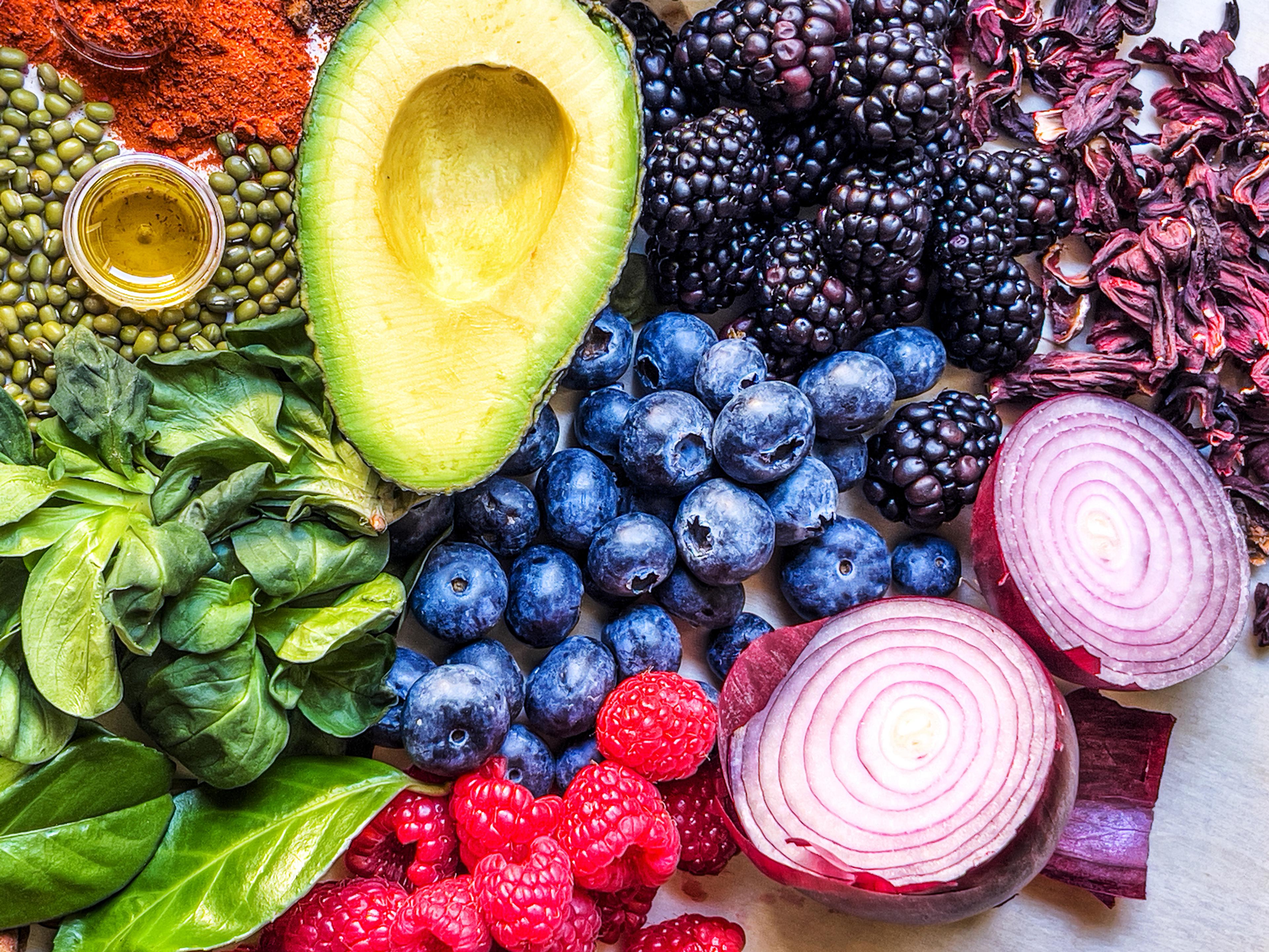Best Anti-Inflammatory Foods for Health

Amya Saffore
| 3 min read

Inflammation is a regular part of the body’s response to injuries and invaders, such as when germs enter the body, triggering an immediate inflammatory reaction. It promotes healing and helps you feel better during these times.
Inflammation that persists when there’s no injury or invader can harm healthy parts of your body over time, increasing the risk of chronic illness. According to Harvard Health, the best ways to reduce inflammation might be less about reaching for medication and more about choosing what’s in your refrigerator.
Here are beneficial anti-inflammatory foods you can add to your diet:
Healthy fats
Healthy fats, especially monounsaturated fats, help regulate inflammation, protect your heart and support brain health, according to the American Heart Association. They also help absorb fat-soluble vitamins like A, D, E and K.
- Avocados
- Extra virgin olive oil
- Nuts, especially walnuts and almonds
- Seeds such as flaxseeds, chia seeds and hemp seeds
Fatty fish
Fatty fish are one of the most powerful anti-inflammatory foods due to their omega-3 fatty acids content, according to Johns Hopkins Medicine. Regular consumption of omega-3s is linked to a lower risk of heart disease, arthritis and even depression. Fish with high levels of omega-3s include:
- Salmon
- Sardines
- Mackerel
- Anchovies
- Herring
Leafy greens
According to a 2018study on 252 participants published in Nutrients, researchers found a positive correlation between vegetable intake and the mitigation of age-related systemic inflammation. Additionally, reports have shown low fruit and vegetable intake is associated with an increased risk of chronic illness such as heart disease and Type 2 diabetes. To increase your vegetable intake, incorporate more of these leafy greens:
- Spinach
- Kale
- Swiss chard
- Collard greens
- Arugula
Brightly colored fruits
Brightly colored fruits are rich in antioxidants and vitamin C, which neutralize free radicals and reduce oxidative stress, which is a trigger for inflammation, according to a study published in Biomedicines.
- Blueberries
- Strawberries
- Oranges
- Grapefruit
- Cherries
- Pomegranate
Cruciferous vegetables
Cruciferous vegetables contain glucosinolates, which the body converts into anti-inflammatory compounds.
- Broccoli
- Brussels sprouts
- Cauliflower
- Cabbage
Whole grains
Whole grains, which are high in fiber, help support a healthy gut microbiome and may lower inflammatory markers like C-reactive protein.
- Oats
- Brown rice
- Quinoa
- Buckwheat
- Barley
Beans
Beans are rich in plant-based protein, fiber, folate and antioxidants, according to Harvard Health. They help reduce inflammatory markers and are linked to better weight control, heart health and blood sugar regulation.
- Black beans
- Lentils
- Chickpeas
- Navy beans
- Kidney beans
Fermented foods
Fermented foods support the gut microbiome, which plays a role in regulating inflammation and immune function.
- Unsweetened yogurt
- Kefir
- Sauerkraut
- Kimchi
- Miso
Foods to limit
According to a study published in Nutrients, ultra-processed foods are associated with increased inflammation in the body, particularly those rich in saturated and trans fats. Try limiting these foods:
- Packaged baked goods such as cookies and pastries
- Fried foods including fries, chips and battered snacks
- Sugary drinks like soda and milkshakes
- Ultra-processed meats such as hot dogs and deli meat
- Red meats such as beef and pork when eaten in excess
An anti-inflammatory lifestyle isn’t achieving perfection with every meal—it’s about balance and incorporating anti-inflammatory foods while limiting those that promote inflammation. Start small, introduce new foods gradually and consult with your primary care provider or a registered dietitian to determine the appropriate diet for your overall health.
Image: Getty Images
Related:





